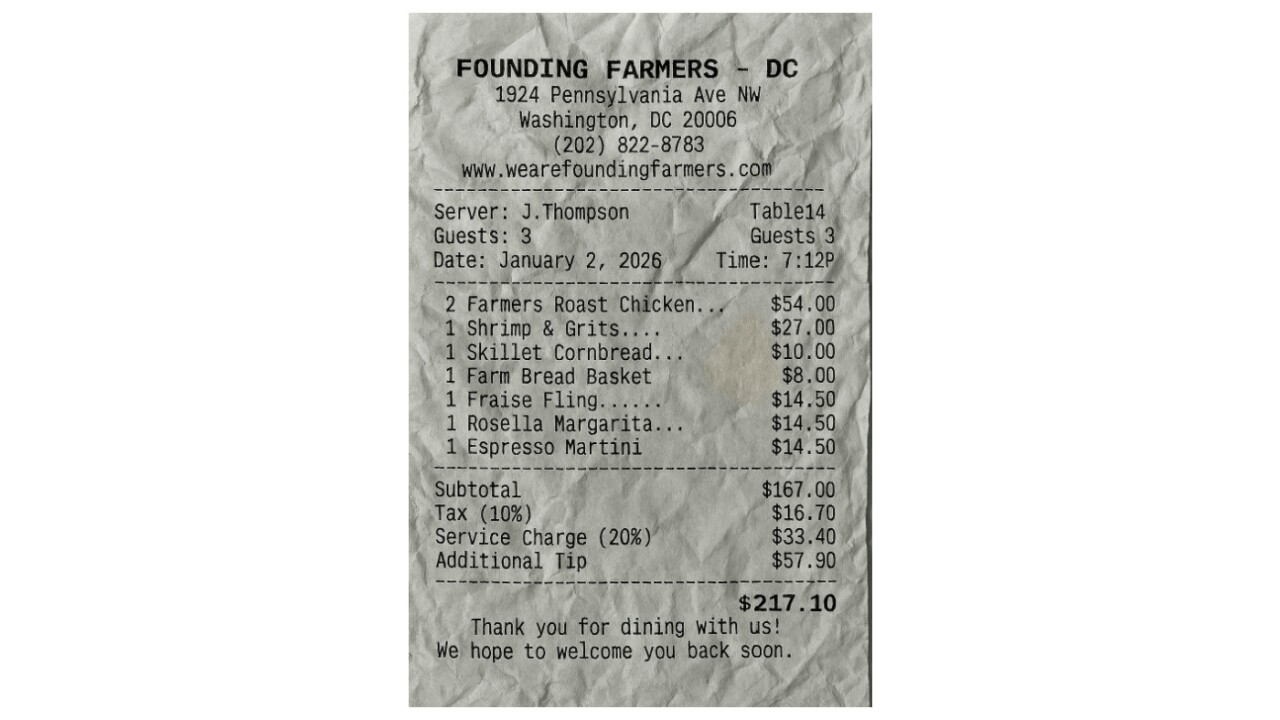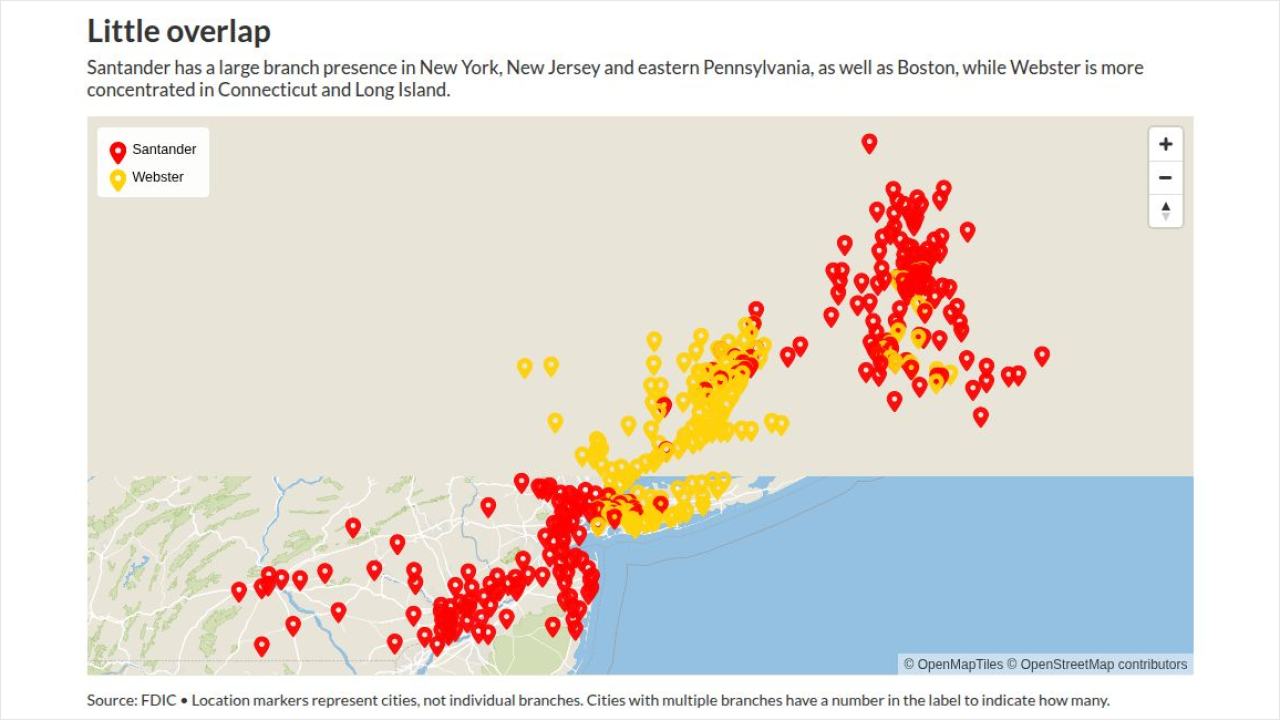U.S. District Judge Thomas M. Durkin denied requests for a new trial made by collection agency/mortgage servicer Residential Credit Solutions after it was ordered to pay $2 million to a woman who fought a foreclosure action brought by the firm.
Plaintiff Alena W. Hammer sued RCS for improperly refusing to abide by a loan modification agreement that she had negotiated with the FDIC before the agency purchased her debt.
The case began in 2013 after Hammer, of DuPage County, Ill., stopped two separate foreclosure actions brought against her by RCS. She had obtained a mortgage through AmTrust Bank but the bank initiated foreclosure actions against her in August 2009, after she defaulted on payments. The foreclosure action was stayed in December 2009 when AmTrust failed, lapsing into FDIC receivership. The FDIC then offered Hammer a loan modification agreement, reducing her monthly payments and avoiding foreclosure.
Durkin denied both a new trial request or to make any reduction in the $2 million verdict. He ruled that none of the arguments presented by RCS supported making any modifications.
RCS, based in Fort Worth, Texas, had told Hammer that an FDIC loan modification package offered in June 2010 was invalid when the mortgage loan was transferred to RCS. The agency said Hammer either had to enter into a loan modification agreement with them or resume paying monthly installments that were more than double what she had agreed to pay under the FDIC modification agreement. Hammer refused and instead began sending RCS monthly payments for the amount she had agreed to pay under the FDIC modification. RCS simply returned the checks.
RCS argued in post-trial motions that the jury erred in finding for Hammer, mostly because the loan modification agreement that Hammer cited didn't really exist since Hammer never signed and returned the required forms by a deadline of June 25, 2010.
But Durkin ruled that the evidence in the case - including repeated communications between Hammer and the FDIC assuming the existence of the modification agreement and the FDIC’s acceptance of Hammer’s new, lower monthly payments - pointed to the existence of such a loan modification agreement, even if Hammer didn’t sign the document in time. He noted RCS’ arguments "overlook the nature of contracts and the governing principles of contract law."
"The evidence was sufficient for a reasonable jury to have concluded that the FDIC and Hammer had concluded their negotiations and reached a modification agreement by the beginning of June 2010, notwithstanding that they had not yet memorialized that agreement in writing," Durkin wrote.
Durkin further admonished RCS for deliberately misstating the reasons for Hammer’s lawsuit against them. RCS had argued it was being punished for its actions to collect on a loan it presumed to be in default but Durkin said Hammer’s lawsuit had much more to do with how RCS had behaved after its initial foreclosure suit was dismissed.
He cited internal communications at RCS showing the company knew the judge had ordered them to abide by the FDIC loan modification agreement, yet deliberately chose not to.
RCS was represented in the action by attorneys with the firms of Locke Lord LLP and Hinshaw & Culbertson, both of Chicago. Officials with the agency could not be immediately reached for comment.
In July, the company
RCS has approximately $95 million in total assets. Since 2009, an estimated 75,000 borrowers have had their loans transferred to the company, which specializes in servicing delinquent loans and residential mortgage loans where the borrower is at a high risk for default.
The company is responsible for creating and sending monthly statements to borrowers, and collecting and processing payments. For troubled borrowers, it administers short sale and foreclosure relief programs provided by the owner of the loan. These loss mitigation programs provide alternatives to foreclosure.





